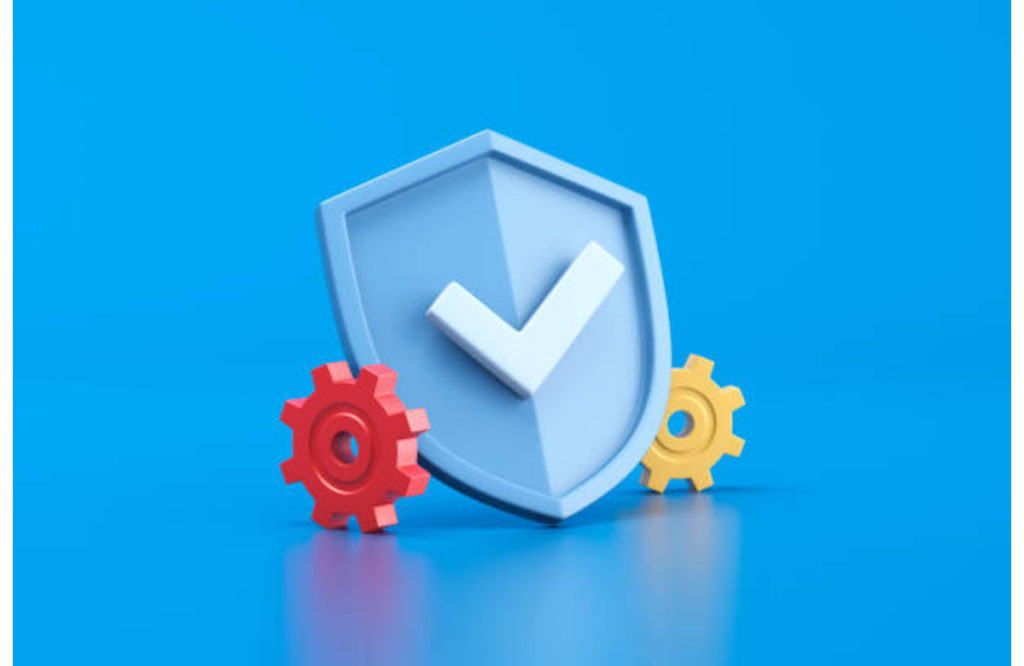Weak passwords are one of the most common security vulnerabilities. Which is why many people opt for a password manager. With it, you can generate strong passwords and store them securely until you need them. But most importantly, they are more secure especially when it comes to sensitive information like banking details.
In fact, most password managers use strong encryption to protect your passwords. This means that even if a hacker were to gain access to your password manager, they would not be able to read your passwords.
However, with the recent breach Lastpass encountered, you might be looking for an even more secure option. That’s why in this post, we’ve outlined the five most secure password managers you can use for free.
What to Look Out for When Choosing a Password Manager
Here are some things to look out for when choosing a secure password manager
- Encryption: The password manager should use strong encryption to protect your passwords. The most common encryption method used by password managers is AES-256. But the stronger, the better.
- Easy to use: The password manager should be easy to use, even for people who are not tech-savvy.
- Two-factor authentication (2FA): Your password manager should support two-factor authentication. 2FA adds an extra layer of security by requiring you to enter a code from your phone in addition to your master password. That way, you can secure your password vault from any breach on your end.
- Secure password generator: The password manager should have a secure password generator that can create strong, unique passwords for you.
- Multi-platform support: The password manager should be available on multiple platforms, so you can access your passwords from any device.
Five Most Secure Password Managers to Consider
Looking for a new manager to explore, here are the most secure options you can explore in 2023 here;
1. NordPass
When anyone recommends secure password managers, NordPass makes it to the top of the list and rightfully so. Unlike other options, this manager uses a next-generation XChaCha20 encryption which is faster, easier to integrate and unlikely to suffer misconfiguration.
This encryption model is also safer because, unlike Google password manager, this one actually works on zero-knowledge architecture. So you’re sure your passwords are protected on your device and their servers. This means there’s an even lower risk of being hacked.
We love that you also get instant notifications via the app and email when there’s a leaked database that contains your details. It has apps for all devices and you can get browser extensions for Chrome Safari, Firefox, Edge and so many more. You can also import your existing passwords from other platforms.
| Pros of Using NordPass | Cons of NordPass |
| Multi-factor authentication | Allows only one active device on the free plan |
| Next-generation XChaCha20 encryption | |
| Regular password health report | |
| Access your passwords even when offline | |
| Set access to emergency contacts | |
| 24/7 support |
2. Bitwarden
While you get free plans on most password managers, Bitwarden is one of the few that actually provides a lot of value on their free plan. You can save unlimited passwords, media and more for free. In fact, you can sync your passwords across multiple devices which is very helpful.
Being an open-source password vault, everything you save is end-to-end encrypted. It has an AES-256 cypher encryption system that is also kept in Bitwarden servers. This is why we’re sure it’s one of the most secure options in the market because it’ll be impossible to reverse-engineer it.
Another cool feature of this manager is that you get a password generator – which means you don’t have to worry about coming up with a secure password. You also get updates and breach reports if any.
Share passwords with your colleagues and friends through a secure password-sharing option. There’s also emergency access where you can grant access to your vault in case of any emergencies.
| Pros of using Bitwarden | Cons of using Bitwarden |
| Secure send to friends and colleagues | It’s relatively difficult to setup |
| Supports two-factor authentication | |
| Generates passwords | |
| Open-source project |
3. Passwarden
When it comes to intuitive and user-friendly interfaces, PassWarden takes the lead. You get a dashboard that shows you everything including which passwords require an update. We also love that you can import your data from platforms like Dashlane, LastPass and other supported browsers.
Asides from being super easy to use, it uses a dual encryption system – AES-256-GCM and EC p-384 encryption. This system simply means your data is automatically scattered to the point where it no longer makes sense.
To be extra safe, you can include a 2FA and your biometrics. Passwarden is available for all devices and its Chrome extensions are available on Chrome, Firefox, Edge and Opera.
One unique feature it has is that it comes with its own VPN so you can bypass geo-blocked content and protect your IP. There’s also a duress mode where you can hide your data with a security key when there’s unwanted access to your device.
| Pros of using Passwarden | Cons of using Passwarden |
| AES-256-GCM encryption | Only two active devices on the free plan |
| In-built VPN | Limited import options |
| Duress mode | |
| 24/7 support |
4. Dashlane
Dashlane is a full-service password manager that makes it easy to save, generate, and store complex passwords. Like other services, you have a master password and your biometrics that allows you to access your vault.
We love that it automatically scans for breaches on the dark web. So you know when your passwords and banking details are exposed in a record list somewhere. It’ll also review your passwords and notify you to change your weak passwords.
We also love that there’s secure sharing that allows you to share your details with your trusted friends or family. One unique feature this password manager has is that it comes with an in-built VPN. So you can mask your IP in any of the regions available.
Dashlane has a very user-centric experience which makes it very easy to use. You can use it on your mobile devices or on your laptops with any of the browser extensions.
| Pros of Using Dashlane | Cons of Using Dashlane |
| In-built VPN | You can’t import existing passwords on mobile |
| Auto-fill forms | Allows only one active device on the free plan |
| Scans for password exposure online | |
5. Keeper
Our final password manager on this list is Keeper and that’s because they are the most security-conscious password manager existing. So much so that it’s becoming a little bit inconvenient to use. For example, it does a frequent security update by forcing you to change certain passwords on your account.
While it’s not the most user-friendly option on our list, you have multiple authentication methods like SMS, Google, TOTP and more. We also love that they have a website, apps for most devices and extensions on popular browsers.
You also get regular stuff like regular password audits, recommendations for password changes and even a scanner that checks if your passwords have been breached. If you’re thinking about switching, you can migrate your existing passwords from browsers and other apps through a CSV, PDF or JSON file.
What makes it stand out from other options is that it has KeeperChat. Here, you get a messaging section where you can send messages, photos and media. The messages can be self-destructing so you don’t have to worry about them existing.
| Pros of Using Keeper | Cons of Using Keeper |
| Secure messaging section | security features can feel restrictive |
| Super strong security | Limited export options |
| 24/7 support | |
| Unlimited passwords | |
| Multiple 2FA options |
Additional Tips When Using a Password Manager
Enable two-factor authentication (2FA) for all of your online accounts. 2FA adds an extra layer of security by requiring you to enter a code from your phone in addition to your password when logging in.
Also, change your passwords regularly. This will help to protect your accounts if one of your passwords is compromised. Finally, be careful about what information you share online. Don’t share your passwords with anyone, and be wary of websites that ask for your personal information.
By following these tips, you can use a password manager to improve your online security and protect your accounts from hackers. We hope that you’ve found this guide useful in choosing the right option for you. Share this post with your friends and family who might need this too.












